 Trauma is defined as an event that causes severe emotional distress that can create a wide range of disruptive symptoms that can appear weeks, months, or even years after the event. It can lead to serious mental health conditions like PTSD, bipolar disorder, and substance use disorders and cause other problems at school, work, or home.
Trauma is defined as an event that causes severe emotional distress that can create a wide range of disruptive symptoms that can appear weeks, months, or even years after the event. It can lead to serious mental health conditions like PTSD, bipolar disorder, and substance use disorders and cause other problems at school, work, or home.
A trauma therapy program can help individuals and families recover from a traumatic event using a combination of therapies and medications. Working with a therapist is the smart way to recover from past or recent trauma and lead a healthy and productive life.
Virtue Recovery Las Vegas – Substance Use Disorder is a mental health treatment center in Las Vegas, NV that supports those struggling with trauma-related addiction, PTSD, depression, and other disorders. Our therapists work closely with each client in group and private therapy sessions. They use the latest therapies and medications to give them everything they need to manage their symptoms and triggers.
To learn more about our addiction therapy services, call 866.520.2861 today to speak with one of our friendly team members.
Why Do You Need Therapy for Trauma?
A traumatic event can create lingering problems that can negatively impact a person’s quality of life and mental health. Unresolved trauma can cause sleep problems, nightmares, flashbacks, problems concentrating at work or school, relationship issues, and much more. People with unresolved trauma are more likely to develop a substance use disorder as they try to cope with the negative feelings and memories they experience.
Therapy for trauma is necessary for anyone whose symptoms are causing a significant disruption to their daily lives and who want to learn how to control their thoughts and emotions. A traumatic event can cause several mental health conditions that can impact a person’s ability to function normally, such as:
- Post-traumatic stress disorder (PTSD)
- Acute stress disorder (ASD)
- Adjustment disorders
- Reactive attachment disorders (RAD)
- Disinhibited social engagement disorder (DSED)
During a trauma treatment program, clients will work with a behavioral therapist in private and group therapy sessions using behavioral and holistic therapies. This combination creates a more effective recovery experience and promotes long-lasting sobriety and better mental health.
Virtue Recovery Las Vegas – Substance Use Disorder offers trauma therapy services for Nevada residents who are struggling with past or recent traumas. We support veterans with combat experience, families who lost loved ones due to an accident or the pandemic, and individuals with childhood trauma, domestic abuse trauma, or other types of traumas. We help clients uncover the specific trauma and teach them healthy coping skills to manage their symptoms and triggers.
The Benefits of a Trauma Therapy Program
Enrolling in a trauma therapy program for individuals and families has many benefits. It teaches them that talking about their feelings with others is okay and provides a safe space to talk about the trauma and the emotions it produces.
Here are just some of the benefits of a trauma treatment program:
A Better Understanding of Their Symptoms
Therapists work with clients to understand why they think and how loud noises, certain smells, or people can trigger disturbing memories or feelings. This is especially true for people with childhood traumas who may not even remember the event. Once the original issue is identified, true healing can begin.
Behavioral Therapy
Cognitive-behavioral therapy (CBT) is one of the best therapies for treating trauma-related addictions and disorders. During therapy sessions, clients focus on the specific trauma and the behaviors it creates and learn how to replace those behaviors with more positive thoughts and actions.
A trauma therapy program is the best option for anyone who is struggling with past or recent traumas. Therapy can help people process those memories and emotions safely with less risk of developing an addiction or worsening depressive symptoms.

Private Suites Facility
Corbett Facility
Luxurious, private rooms for a serene, personalized recovery experience with utmost privacy.
🏢 Address: 9230 Corbett St, Las Vegas, NV 89149
🕓 Hours: Open 24 hours
Luxury Amenities
Access to high-end amenities, ensuring a comfortable stay while focusing on your health and well-being.
Personalized Care
Benefit from customized treatment plans, with one-on-one therapy sessions tailored to your unique recovery needs.
Privacy and Comfort
Enjoy the solitude of a private room, providing a peaceful environment conducive to healing and reflection.
Take a Virtual Tour of our Luxury Inpatient Las Vegas (Corbett) Facility















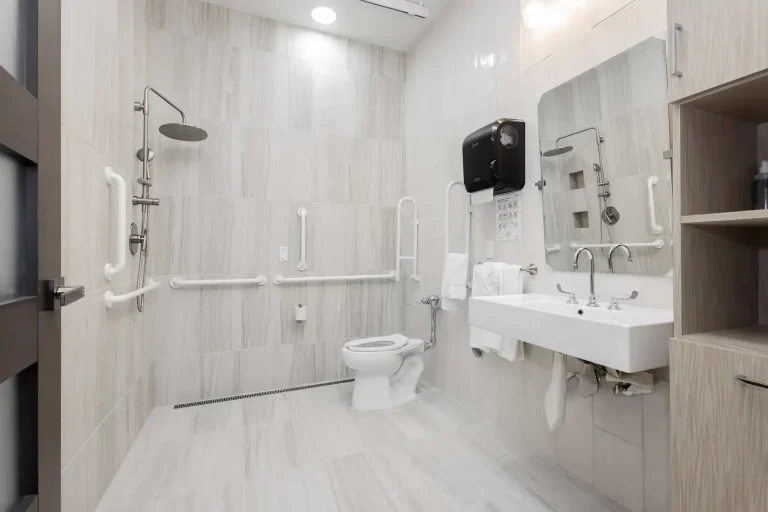


















Take a virtual stroll through the serene and inviting Corbett facility of Virtue Recovery Center. Discover the elegant common areas, state-of-the-art treatment rooms, and comfortable residential spaces designed with your healing in mind. Experience the tranquil outdoor areas and get a glimpse of the comprehensive wellness programs we offer, all from the comfort of your home. This virtual tour is your first step toward a journey of recovery in an environment dedicated to your comfort and well-being.
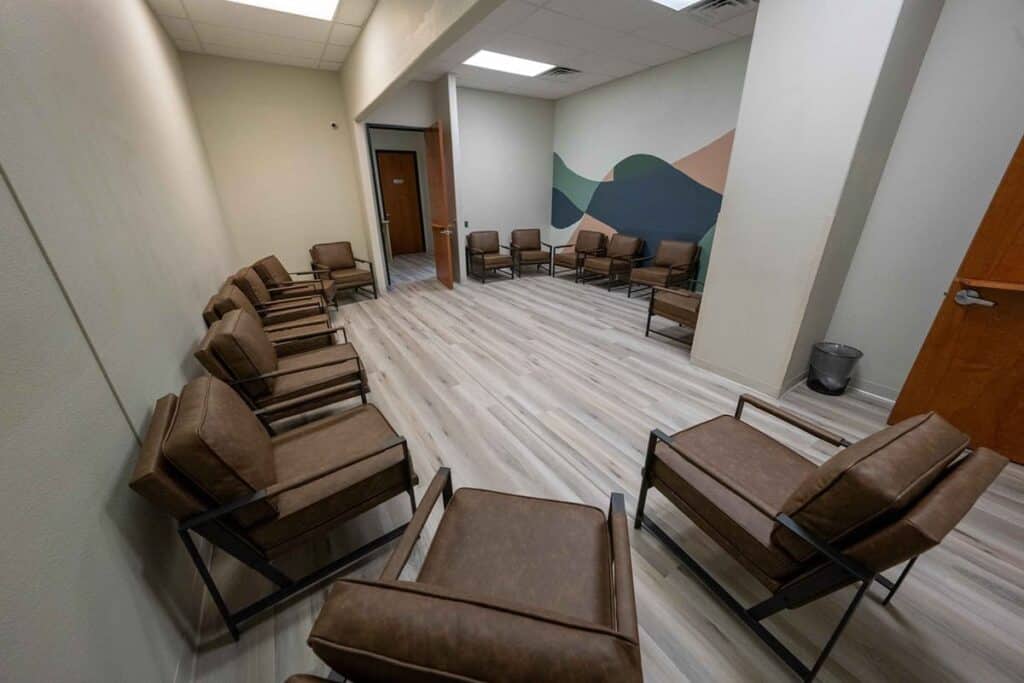
Outpatient Services Center
Montessouri Outpatient
Flexible outpatient care with daily life balance, offering structured therapy and support. Offering IOP, PHP, and aftercare with flexible hours from 8am to 8pm to suit your busy schedule.
🏢 Address: 2585 Montessouri St # 100, Las Vegas, NV 89117
🕓 Hours: Open 8am to 8pm
Flexibility
Tailor treatment to fit your schedule, allowing you to maintain work and family commitments while receiving care.
Community Connection
Stay connected to your support network at home, enhancing your recovery journey with familiar surroundings.
Continued Care
Ideal for transitioning from more intensive treatment, supporting long-term recovery with structured outpatient services.
Explore Our Outpatient Las Vegas (Montessouri) Facility



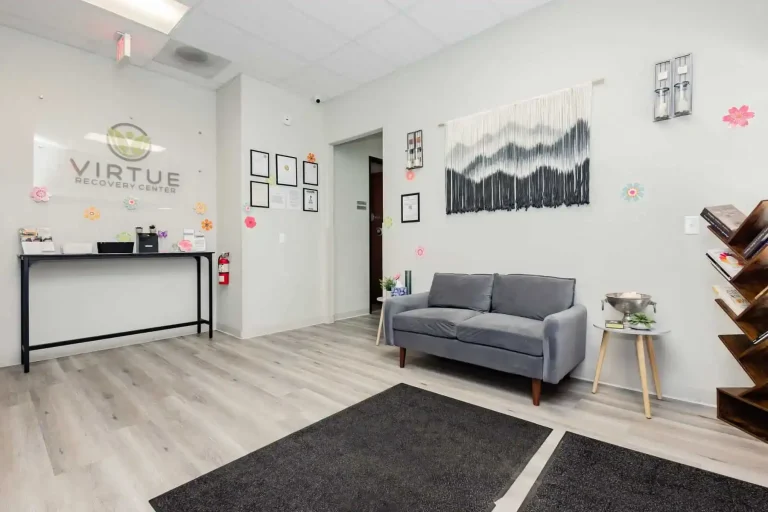
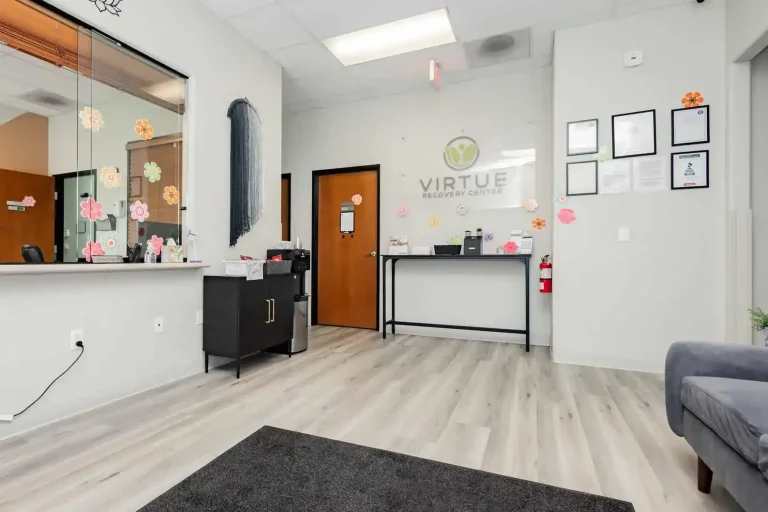

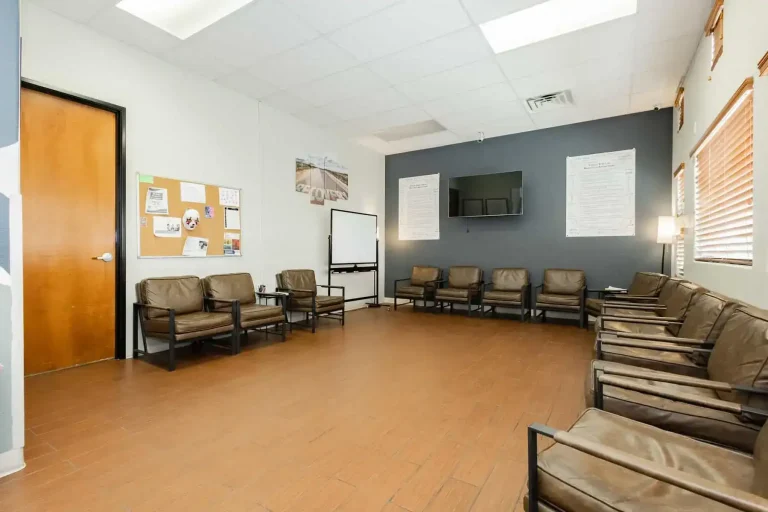
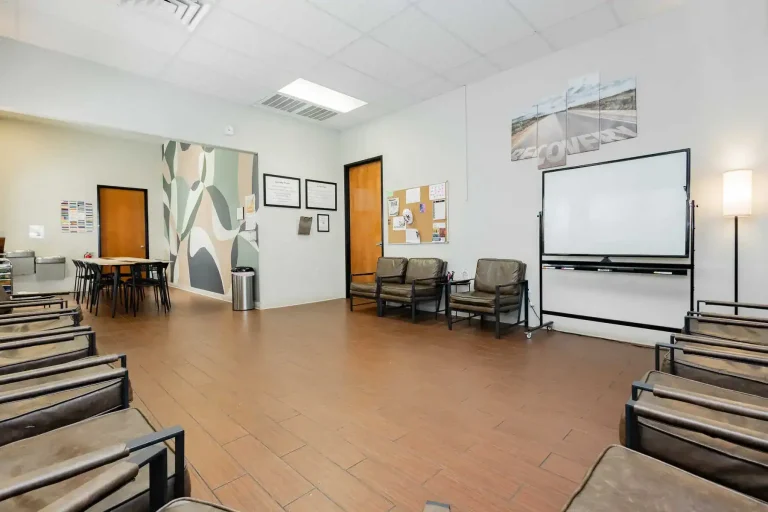
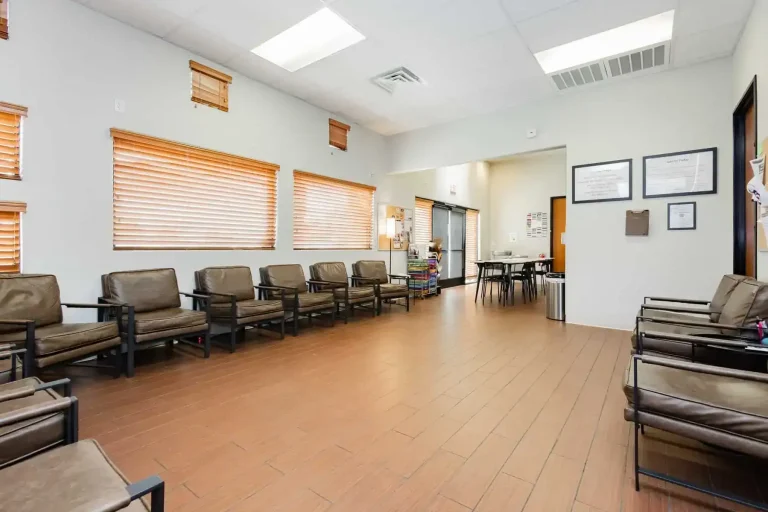
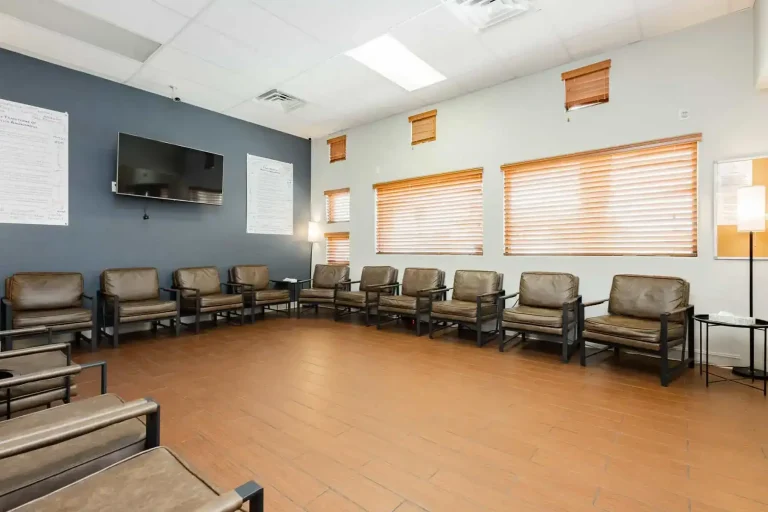






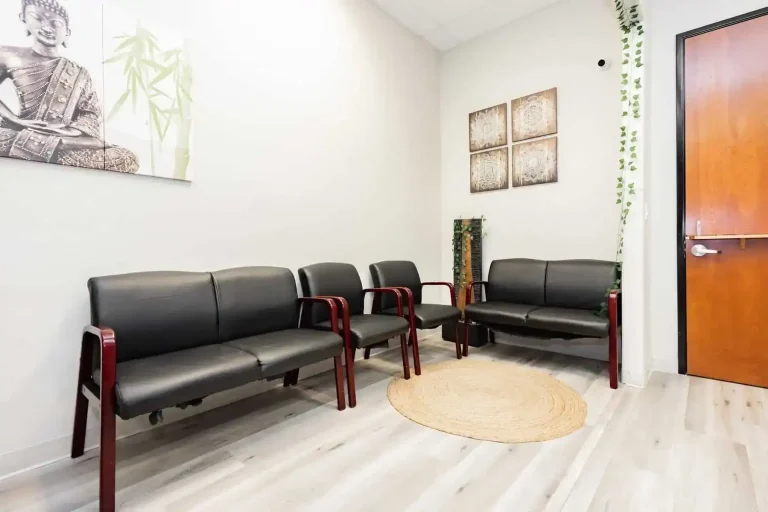



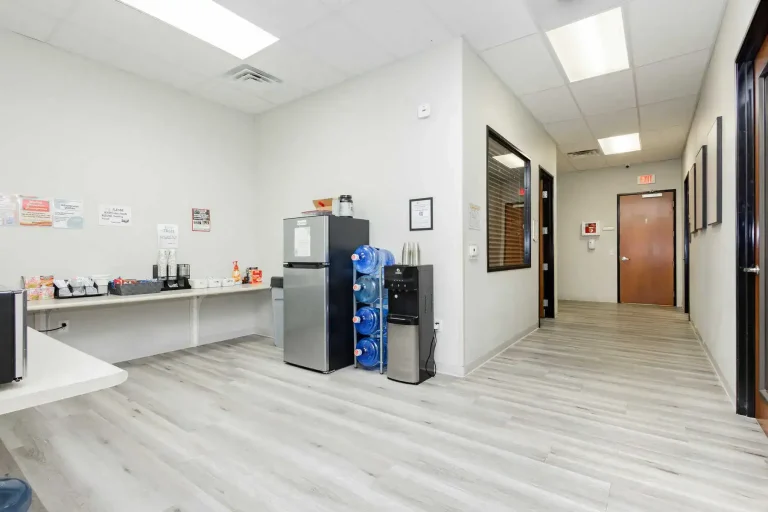
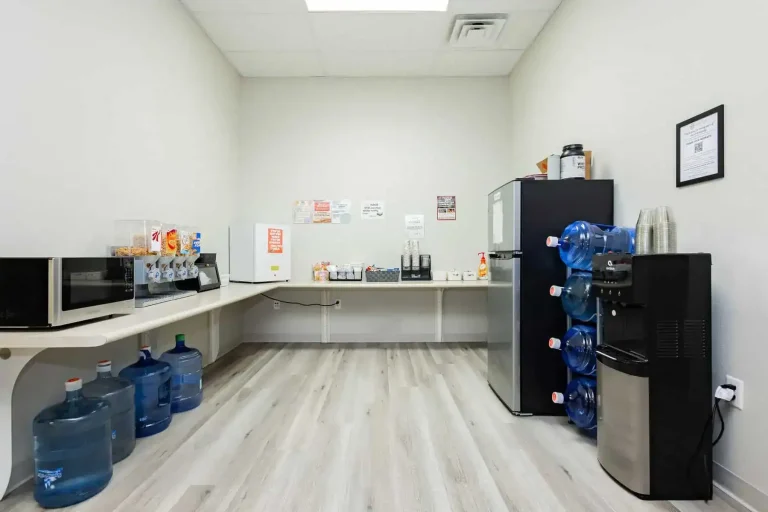
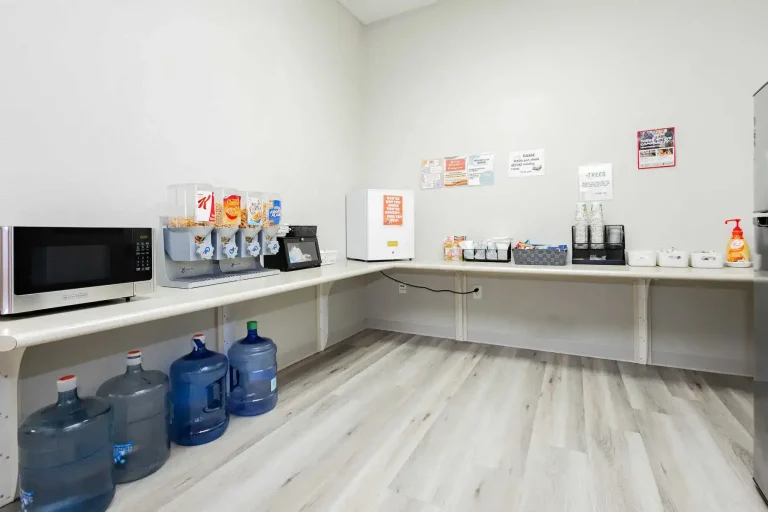
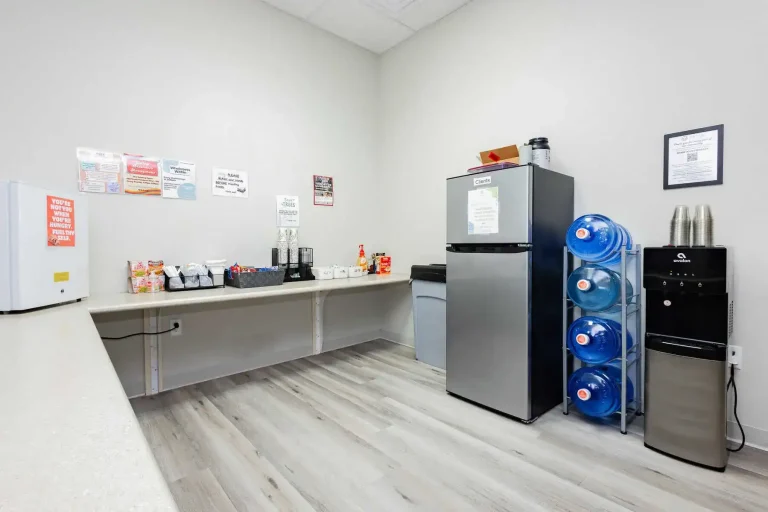



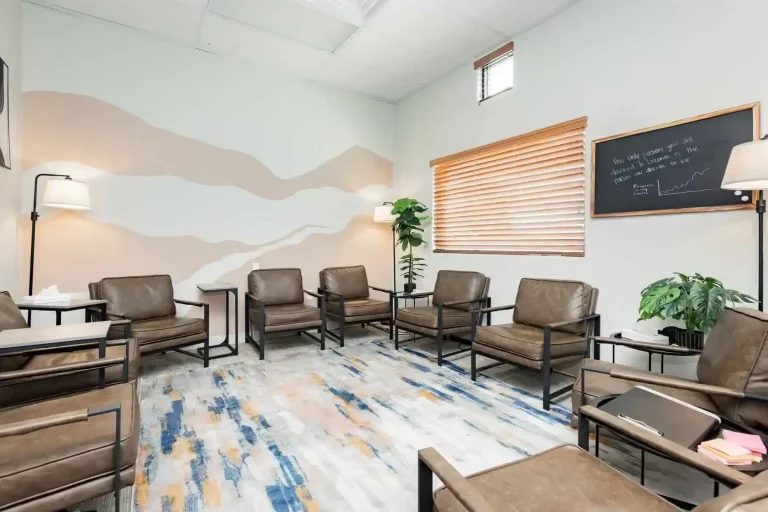
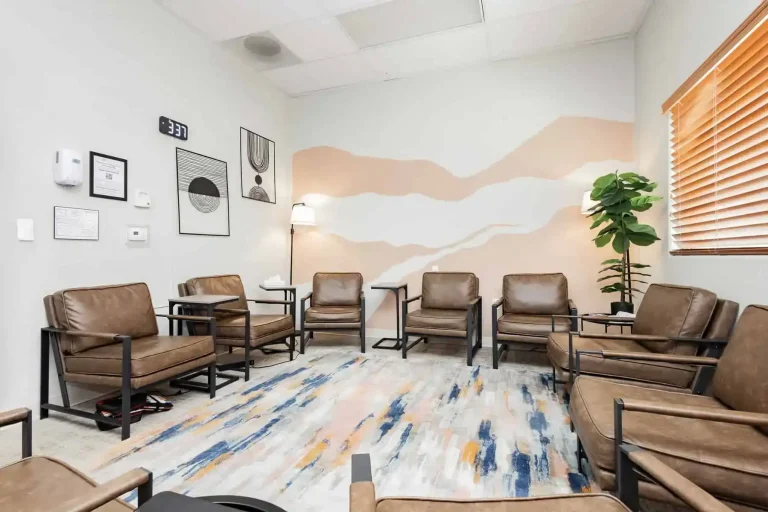
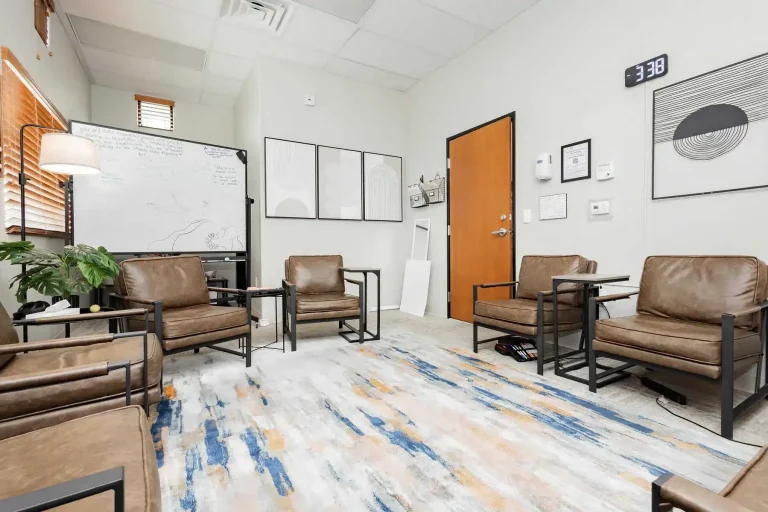
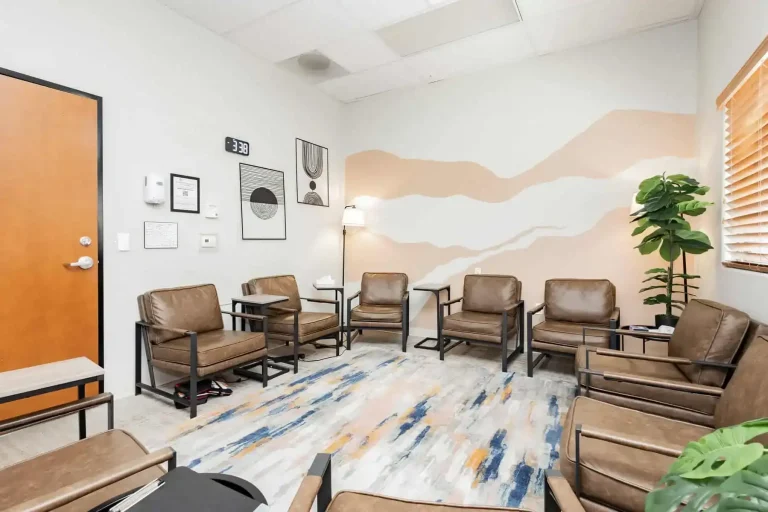
Take a virtual tour of our Montessouri location in Las Vegas, conveniently located near Sahara and Rainbow. This outpatient clinic is designed to provide a supportive and professional environment for individuals participating in our Partial Hospitalization (PHP) and Intensive Outpatient Programs (IOP). Explore our thoughtfully arranged group therapy rooms where connection and healing happen daily, along with private therapy spaces dedicated to individualized care. While clients return home after each session, our facility ensures every moment spent here promotes growth, comfort, and recovery. Begin your journey with a glimpse into the compassionate care that defines Virtue Recovery Center.
Find Comprehensive Trauma Therapy Services at Virtue Recovery Las Vegas – Substance Use Disorder
At Virtue Recovery Las Vegas – Substance Use Disorder, our trauma therapy program allows clients to manage their symptoms and triggers related to a traumatic event. Our team has years of experience working with all types of trauma and can effectively treat all aspects of the disorder and any corresponding substance use disorder or other conditions.
For more information about our trauma therapy program, fill out our online form or call 866.520.2861 today to speak with our team.
Trauma Therapy Treatment FAQs
We treat PTSD, complex trauma (C-PTSD), childhood abuse, sexual trauma, military trauma, grief, neglect, and trauma related to addiction or mental illness.
During assessment, we explore your history and symptoms to identify if unresolved trauma could be contributing to your current struggles.
We combine evidence-based therapies, holistic care, and personalized treatment plans in a safe, trauma-informed environment.
Yes. We offer individual therapy, group sessions, and integrative approaches to help you safely process emotions.
Yes. Our residential trauma program provides 24/7 care in a structured, healing environment.
Yes. We offer both PHP (partial hospitalization) and IOP (intensive outpatient) options for flexible care.
Yes. Many clients begin with residential care and step down to outpatient services as they gain stability.
Yes. We teach grounding techniques to help clients stay present and reduce dissociation or panic.
Yes. Most insurance plans cover trauma-informed care and evidence-based treatments like EMDR or CBT.
Yes. We provide inclusive, affirming care for people of all gender identities and sexual orientations.
Yes. We serve clients with military or frontline trauma and offer specialized support as needed.























